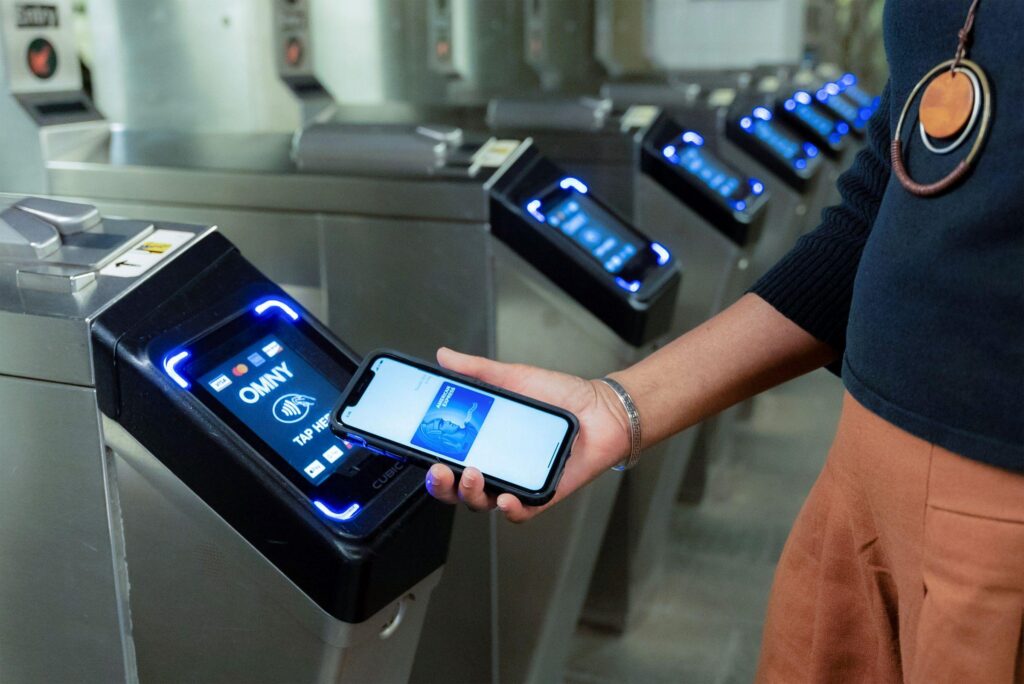OMNY Fare System Faces Persistent Technical Issues Amid MTA’s Transition Efforts
Widespread Payment Failures and Service Interruptions Disrupt Commuter Experience
Since the Metropolitan Transportation Authority (MTA) introduced OMNY, its contactless fare payment platform, a significant number of transit users have reported recurring problems that hinder smooth travel. Many commuters experience failed payment attempts despite having sufficient funds, often requiring multiple tries before a fare is successfully processed. These malfunctions not only cause delays at entry points but also raise concerns about inaccurate charges and discrepancies in account balances. Complaints have surged across social media channels, with users encountering difficulties using both contactless cards and mobile wallet options.
These technical setbacks have led to service interruptions, particularly during rush hours, exacerbating commuter frustration. Although the MTA has pledged to address these issues promptly, skepticism remains high as riders continue to face:
- Payment processing errors: Unsuccessful taps and inconsistent fare deductions
- Lagging account updates: Slow reflection of transactions in user profiles
- System downtime: Temporary outages preventing fare acceptance during peak periods
- Delayed customer support: Prolonged response times for resolving user complaints
| Issue | Frequency | Effect on Riders |
|---|---|---|
| Failed Payments | High | Entry delays, missed connections |
| Account Balance Errors | Moderate | Incorrect fare displays |
| Service Interruptions | Moderate | Increased wait times, commuter dissatisfaction |
| Customer Service Backlogs | High | Slow problem resolution |
MTA Confirms Ongoing OMNY System Issues Amid Growing Public Discontent
The MTA has openly acknowledged the persistent technical difficulties plaguing the OMNY contactless payment system, which have fueled mounting frustration among daily riders. Despite the agency’s goal to modernize fare collection and simplify payment processes, users continue to report problems such as delayed transaction postings, unregistered tap-ins, and mismatches between deducted fares and actual trips taken. The MTA has admitted these challenges and emphasized that resolving bugs and enhancing system stability remain top priorities.
Commonly reported problems include:
- Repeated tap failures despite properly functioning devices
- Unexpected overcharges and incorrect fare deductions
- Delayed transaction logging affecting trip histories
| Problem | Reported Frequency | MTA Response |
|---|---|---|
| Tap Recognition Issues | High | Currently under review |
| Incorrect Fare Charges | Moderate | Pending software fixes |
| Transaction Logging Delays | High | Scheduled system updates |
Technical Obstacles Challenge Smooth Shift from MetroCard to OMNY
As the MTA phases out the MetroCard in favor of OMNY, riders have encountered numerous technical setbacks that complicate the transition. Complaints range from unresponsive fare readers to delayed payment confirmations and erroneous charges, leaving many passengers frustrated and uncertain about their travel expenses. Intended to simplify fare payments and reduce reliance on physical cards, the rollout has instead revealed significant operational challenges, particularly during high-traffic periods.
Primary technical difficulties include:
- Intermittent system outages causing failed transactions
- Incorrect fare calculations resulting in overbilling
- Synchronization lags between OMNY devices and user accounts
- Insufficient customer support availability during critical incidents
| Issue | Frequency | Current Status |
|---|---|---|
| Scanner Failures | High | Under investigation |
| Delayed Payment Confirmations | Medium | Fixes underway |
| Account Synchronization Errors | Low | Monitoring ongoing |
| Customer Service Delays | Medium | Improvement plans in progress |
While the MTA assures the public that corrective measures are in progress, these ongoing issues underscore the complexity of replacing a decades-old fare system. Commuters are encouraged to stay updated through official channels and exercise patience as the agency works toward a more dependable payment experience.
Specialists Advocate for Strengthened Support and Comprehensive Testing
Transportation technology experts stress that the persistent OMNY system glitches highlight an urgent need for enhanced customer service infrastructure. The current backlog and inconsistent communication from support teams have left many riders dissatisfied. Industry professionals recommend:
- Extending live support hours staffed by knowledgeable agents
- Establishing clear escalation procedures for complex technical issues
- Implementing proactive communication strategies to keep users informed about updates and troubleshooting
These initiatives aim to minimize rider inconvenience and restore confidence in the MTA’s modernization efforts.
Additionally, experts call for the MTA to adopt more rigorous and systematic testing protocols prior to full-scale deployments. The current phased rollouts have revealed critical integration flaws across hardware and software components. A structured testing framework, as outlined below, could mitigate future disruptions:
| Testing Category | Coverage | Frequency |
|---|---|---|
| Functionality | All transaction types including edge cases | Before deployment |
| Compatibility | Hardware across all transit stations and vehicles | Quarterly |
| Load and Stress | Simulated peak commuter volumes | Monthly |
Without these enhanced safeguards, the OMNY system risks further operational setbacks and rider dissatisfaction, potentially undermining future transit modernization initiatives.
Final Thoughts: The Road Ahead for OMNY and MTA Commuters
As the MTA continues to tackle the technical shortcomings of the OMNY fare payment system, commuters remain burdened by frequent malfunctions and inconsistent billing. While agency officials assure the public that improvements are in progress, many riders call for accelerated solutions to rebuild trust in the new payment platform. With OMNY set to become the universal fare method across all MTA services, resolving these persistent challenges is essential to delivering a seamless, reliable transit experience for millions of New Yorkers daily.













